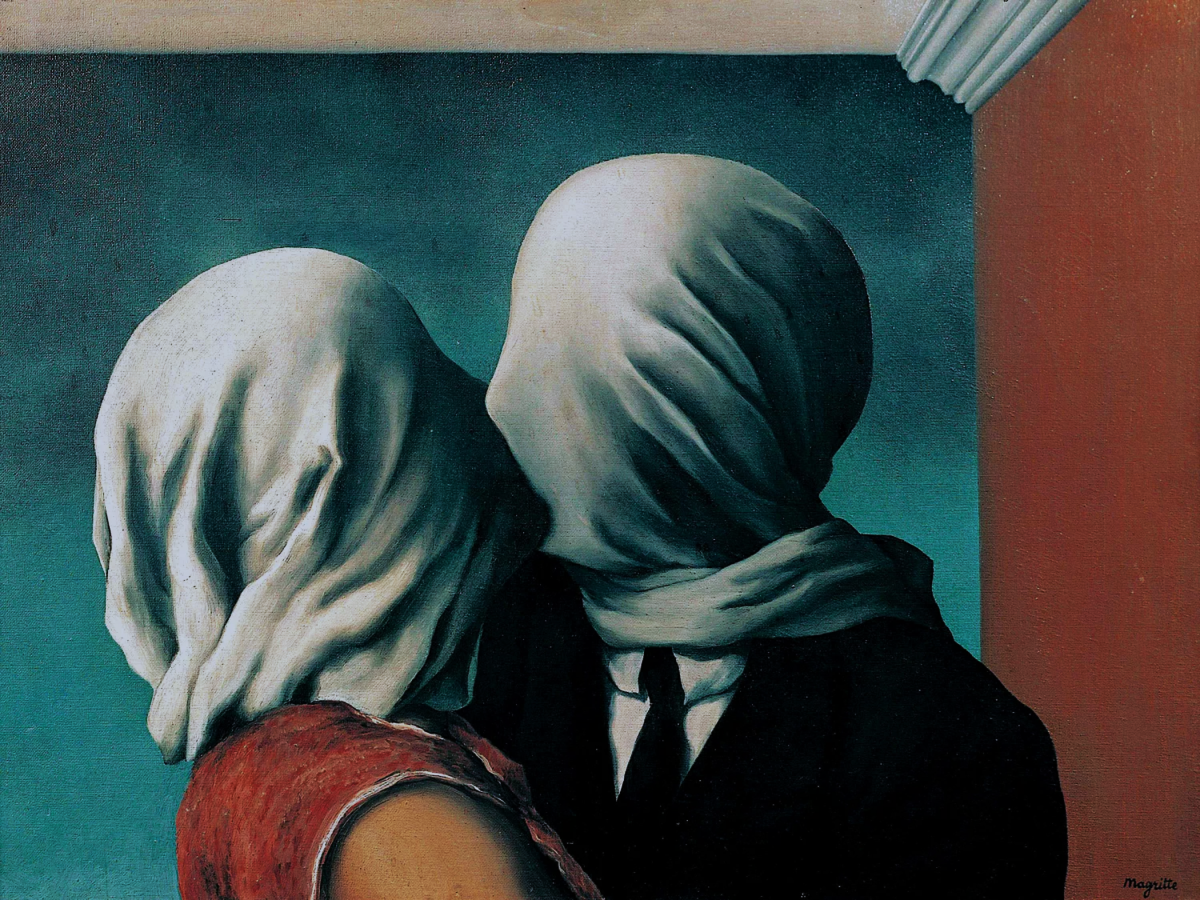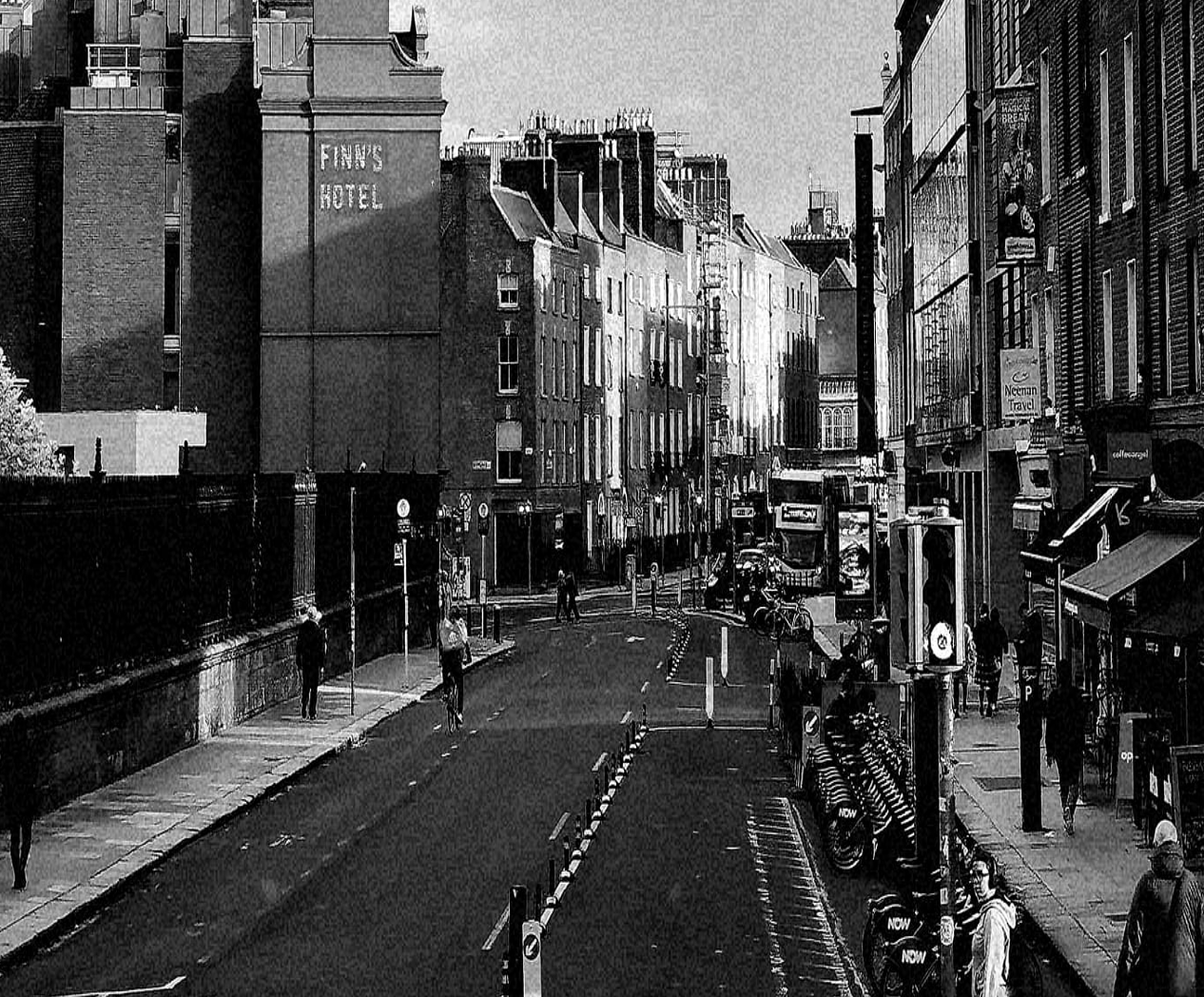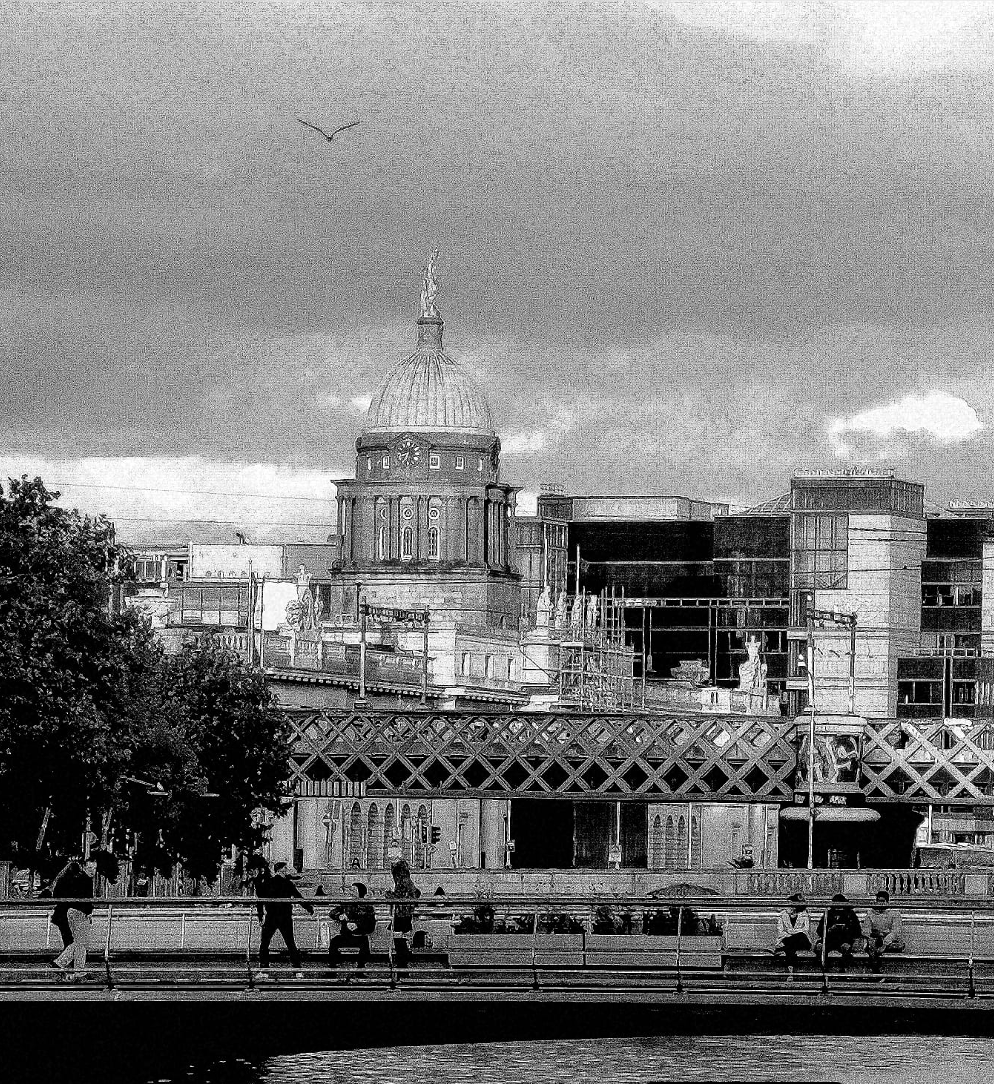Image: © Christelle-S, Pixabay License. Source
Author: Anonymous
I don’t like the preachers that walk along the city streets, talking about tomorrow. They know as well as I do that it just isn’t going to come, and I really think that should satisfy them. They draw huge crowds of people, flooding the gaps between the tall, bone white buildings, and they sing, and they scream about how tomorrow will come, how there will be dawn and there will be dusk, and all of this will be beautiful and lovely. Well, I don’t need dawn nor dusk, and I can live perfectly contented knowing that when it is dark, I can wander empty streets, contemplating the inky black spaces between the buildings, and when it is light, I can wander crowded streets, wondering when it is going to be night again. This seems to me to be a sufficient existence.
There is one preacher in particular, one who goes about dressed in great colourful robes that conceal almost their whole figure but the flash of their bare feet and their face, broad cheekbones and golden eyes. I don’t know if they have hair or not, I don’t even know their name, but they talk to me every time I pass them by. They’re here now in fact. I duck my head, avoiding their gaze, but they look straight through me, and put out their hand, blocking my path. I look at them. Their face is inscrutable, but for the vaguest hint of hope in the upturned corners of their eyes.
“Will you not listen?”
Their voice is smooth and melodious, but there is somehow a sharpness there, something like a rebuke.
“I would rather be home,” I reply.
“I would rather be heard, but we cannot have everything we want.”
“Have you anything interesting to say? Something other than ‘pray for dusk and it shall come’?”
They smile, their eyes softening, and they come up beside me.
“Well, I have something today, if you would let me walk with you.”
They seem hopeful in a way I don’t quite know how to understand, so I begin walking, gesturing them to follow.
We walk silently through the crowded street, people are moving every direction, seemingly everywhere all at once. I thought I heard them start a sentence, but they are drowned in the noise of the many thousands of people that are gathered together, the pressure of the city on us. I was meant to be going home, but there is such a weight of human bodies here that I pass my door without so much as a glance, and we walk on. Later, although how much later I couldn’t say, the people thin out, and the buildings begin to shrink and spread apart. It is as though there is more air to breathe. I stop moving to sit down, and rest my legs, but the preacher doesn’t stop. I jump to my feet, though they’re still sore, and break into a run to catch up with them. They are easy to see in this emptier place, and although I was not still long, they have gone far ahead, nearly out of my sight.
I run quickly, almost desperately, to close the distance between us. If they turn down the wrong alley, they will be lost forever. But they don’t turn, they carry on straight as the arrow until I reach them, panting heavily. They regard me for a second, then a second more, then they turn heel, and carry on. They do not speak then, and neither do I. Silence suits them, and I have spent much of my life in it, and it is not uncomfortable. So we walk.
I cannot tell how long we walked thereafter, only that first it was light, then it was dark, and the dark seemed to stretch out the more we walked in it. The buildings dwindled, as they had been since first we came from out of the crush of the centre of the city, and then they were gone, and the road we had been following was gone, and in their places were wet grasses and briar as far as the eye could see.
The preacher is picking through this new landscape, with the purpose of a hunter stalking their prey. Their robes, so strange but fitting within the city, are still stranger now, and when they glance back at me, their golden eyes seem to catch lights that I cannot see. The only sounds are our feet crushing the leaves, and the occasional rustle of the heath. It is as though we are walking through a shallow, but endless grassy sea, stretching out to the dark edge of the horizon. And with each footstep, I feel myself come unmoored a little more from time, until all there is, is the present. It does not get light, and for lifetimes untold we walk.
I assume we’re walking blindly, waiting to reach the horizon, or the end of the earth, but before we come to either, the preacher seems to stumble very suddenly, falling to the ground with a dull thud. When I reach them, they are kneeling. “Are you hurt?” I ask them. They laugh, and gesture at the place they fell. It looks like a simple flat stone at first, but when I lean closer to the preacher and touch it, it isn’t smooth like the stones of the city. There are lines carved into it, forming intricate, interlocking patterns of diamonds and five pointed stars. “How long has this been here?” I wonder. The preacher murmurs something below their breath, and the patterns I felt in the stone light up, a pale blue light trickling from their hands down the length of it, slowly at first but gaining momentum. The light extends well past the place where I thought the stone ends, into the plants beyond. They stand, take my hand and lead me to the centre of the emerging square of light.
“It’s been here since time ran straight,” they say, “as far as I know. I don’t know if it was made by people, or if some other force made it into being.” Their eyes are shimmering like they were before, but now I can see the light they’re reflecting. It bounces off the planes of their face, and makes them look alive, and real and solid in a way that no one looked real and solid in the city. They are purposeful here, purposeful and powerful, and they can conjure light to them and bring ancient wonders back. I wonder, as I contemplate it, whether I even need to leave here. It is quiet and calm, and the wind that blows carries with it the soft smells of grass and flowers, scents from softer times. It had been so long since I had smelt anything that was the bony dust and sweat of the crush of the city’s crowds. There is such peace here.
The preacher looks at me, breathes in sharply and asks, “have you ever seen dawn?”. I laugh. “Of course not. Dawn is like dusk, it’s a story your lot made up.”
“You would think that,” they answer. “You don’t remember a time when there was a sun.”
“Well, was there? Is there one now? Light and dark, yes, and I’ve seen shadows, but have you seen the sun? Have you seen a dawn or a dusk?”
“Would you believe me if I had?”
I pause at this, taken aback. They continue, “You don’t think the world is wrong now, then. You don’t think it’s strange you have a house, but you never spend any time in it? That you don’t sleep, and you spend your whole time wandering, but you never actually go anywhere? Have you ever thought about it? Have you felt anything about it?”
The lights shining around us flicker and dim a little.
“Is it any worse than how you spend your day, talking to people who don’t listen, pretending there’s such a thing as the sun? If you opened your eyes, you would see it doesn’t exist, it could never exist. Things change, but the sun doesn’t rise nor set. Light comes and goes, and we come and go with it. And that is all.”
“I heard of a story, a very old one, about a couple. There were two people who loved each other very dearly, but one of them died. Of a snakebite, I think. A snake was a small creature with sharp teeth and a poisonous bite. But the other couldn’t quite bear their loss, so they went down into the underworld, to get their lover back, and when they got there, they found everyone as shades, mostly bodiless, and all they did was wander, nameless and faceless. When they found their lover, the dead one couldn’t remember their name, or anyone else’s name. So the live one began to sing, and the song was so beautiful that all the shades wept what tears were left in them, and the couple was allowed one attempt to escape from the world of the dead. They had to make the journey back, the living one leading the way and never looking back. But their courage faltered, and they stole a glance back as they reached the world of the living, and the dead one was dragged all the way back to the underworld.”
I don’t answer.
“When I watch you, or anyone else in the city walking, that’s what I see. A sea of people who aren’t even really alive, who’ve forgotten their names, and worse, don’t even remember that they ever were alive. The sun is gone, the moon and stars are disappeared, and you stopped living, and didn’t notice your soul was being stolen away. You didn’t notice as you dissolved out of being.” They started very calmly, but began speaking with more and more passion until I am on the verge of tears from the weight of the words they’re casting at me. And they aren’t wrong, time is come undone and I don’t think I am alive in any real sense of the word. “Do you think I am dead?” I ask.
“I don’t think that,” they say. They are very pale now, and I can hear their breath shaking. Their eyes are closed, but I can still see the lights glowing beneath them. They turn their back to me, but I can see them trembling, poorly concealing their sobs. “I think the world is.”
“But then, why bring me here? Why bring me to this place that still seems alive? What is the point ?”
“It’s a good place, is it not?”
“It is. But why here?”
“This is the edge of it. The edge of time. It exists on the other side.”
As they say this, I realise the sky was lighting, from the deep end of the horizon, lighter shades of reddish blue creeping up from the grasses.
“This place, it’s where time turns, it’s where you can find tomorrow.”
Like a dam bursting, the sky illuminates itself in shocking colours, a bright sphere tinting the space above it pinks and oranges, and then it’s there, the sun.
“Dawn,” I whisper, and smile.






